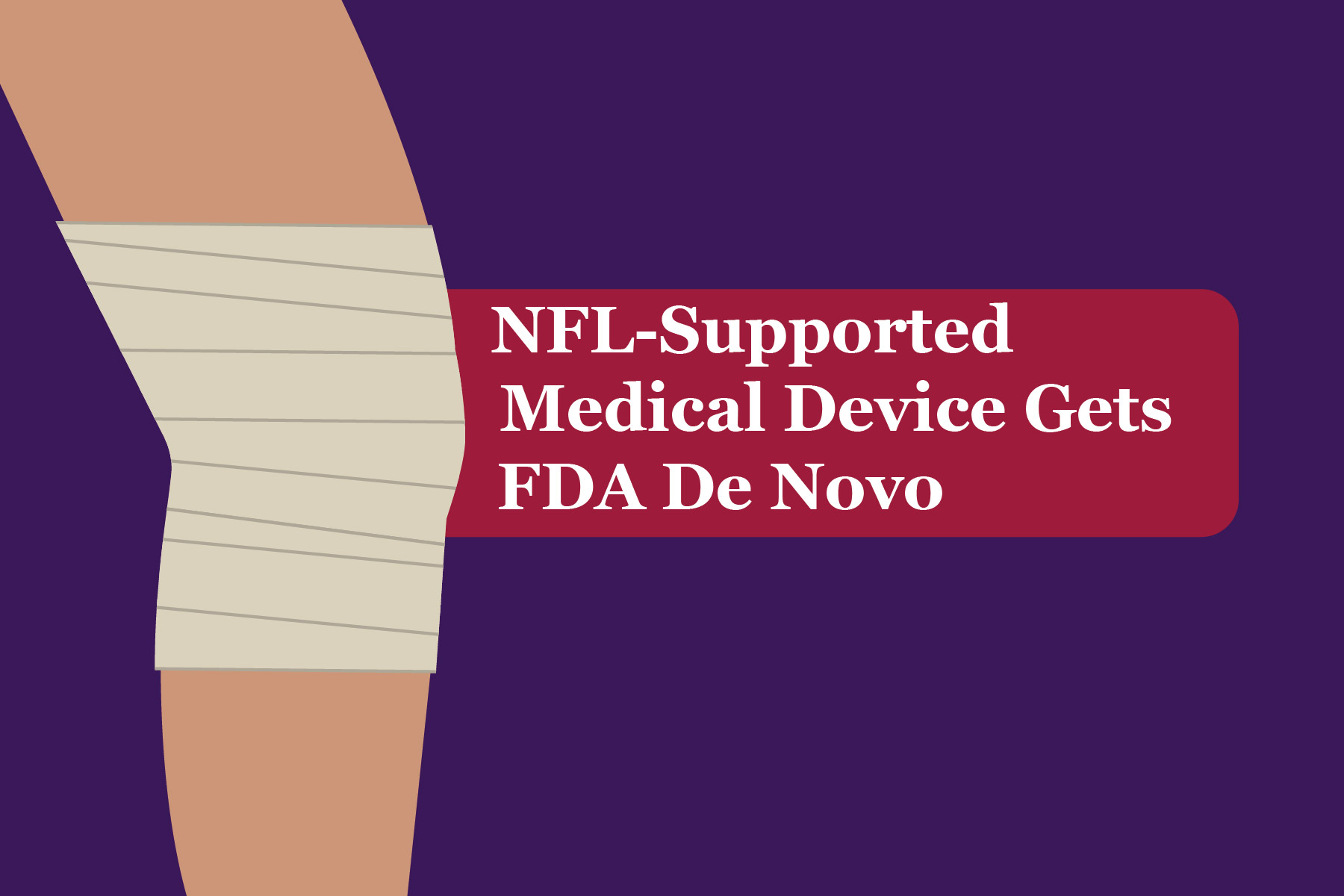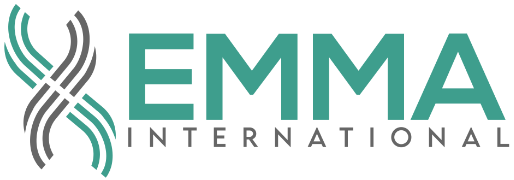Tears in the anterior cruciate ligament (ACL) are one of the most common sports injuries every year. Despite being extremely common, up until recently the only way to treat an ACL tear was to perform ACL reconstruction, which typically utilizes either allograft or autograft to repair the tendons. This month, the FDA granted De Novo approval to a synthetic device from Miach Orthopedics aimed at revolutionizing the way ACL tears are treated.
Miach’s Bridge-Enhanced ACL Repair (BEAR) surgical implant is made from bovine collagen and is a resorbable implant, meaning it is absorbed by the body.1 The BEAR Implant is surgically placed between the torn ACL ends and injected with the patient’s blood, forming a device-protected clot that facilitates the body’s natural healing process. After about 8 weeks, the implant is fully absorbed and replaced by the patient’s body tissue. The less invasive treatment and quicker recovery time made the BEAR Implant extremely attractive to the NFL Players Association. “ACL injuries are all too common among athletes of all ages and can be a career-ending injury in the NFL, which is why the NFL Players Association has been a sponsor of the BEAR clinical trials since the beginning,” said Sean Sansiveri, Vice President of the National Football League Players Association.2
The FDA assessed the safety and effectiveness of the BEAR implant through a randomized controlled trial of 100 subjects with complete ACL rupture. 65 subjects received the device and 35 underwent conventional ACL reconstruction, with both groups receiving physical therapy. At a two-year post-op follow up, patients were assessed using the International Knee Documentation Committee Subjective Score, a common questionnaire used to report and standardize knee-treatment outcome data. The patients with the BEAR implant reported an average score of 88.6 and control subjects reported an average score of 84.6. Using this data, the FDA assessed the BEAR Implant via the De Novo pathway and granted marketing authorization. This authorization also comes with special controls, including requirements for labeling and performance testing, that coupled with general controls provide “reasonable assurance of safety and effectiveness for devices of this type”3. Additionally, this authorization creates a new regulatory classification, providing a potential 510(k) pathway for similar devices.
If you need help understanding if your device is suitable for the De Novo pathway, EMMA International can help! Contact us at info@emmainternational.com or call 248-987-4497 to get connected with our team of regulatory experts today!
1Miach Orthopedics (n.d.) BEAR Implant retrieved on 12/27/2020 from: https://www.miachortho.com/patients/#BEAR
2BioSpace (Dec 2020) Miach Orthopaedics’ BEAR Implant Granted FDA De Novo Approval for Treatment of ACL Tears retrieved on 12/27/2020 from: https://www.biospace.com/article/releases/miach-orthopaedics-bear-implant-granted-fda-de-novo-approval-for-treatment-of-acl-tears/
3FDA (Dec 2020) FDA Authorizes Marketing of New Implant to Repair a Torn ACL retrieved on 12/27/2020 from: https://www.fda.gov/news-events/press-announcements/fda-authorizes-marketing-new-implant-repair-torn-acl







